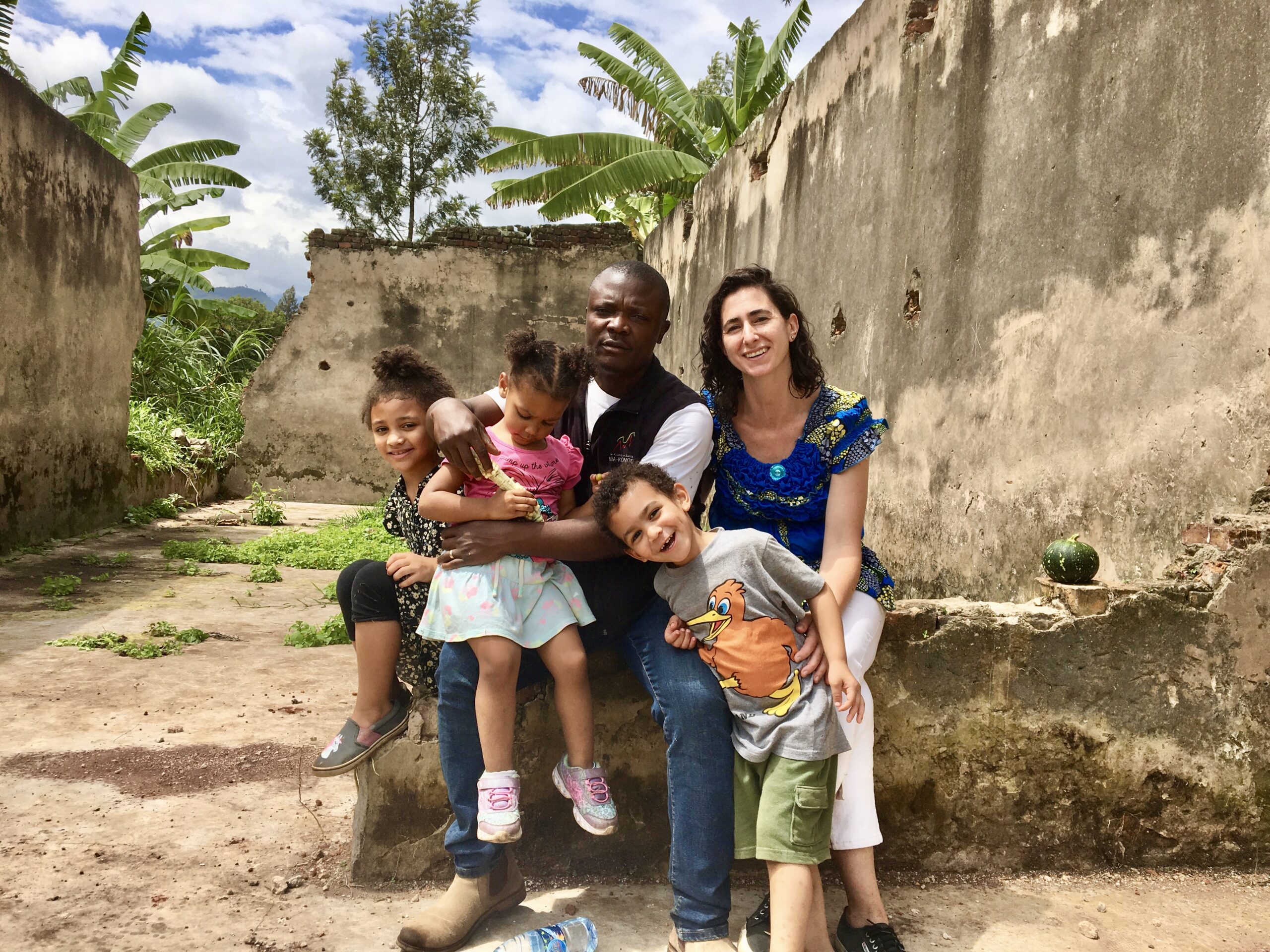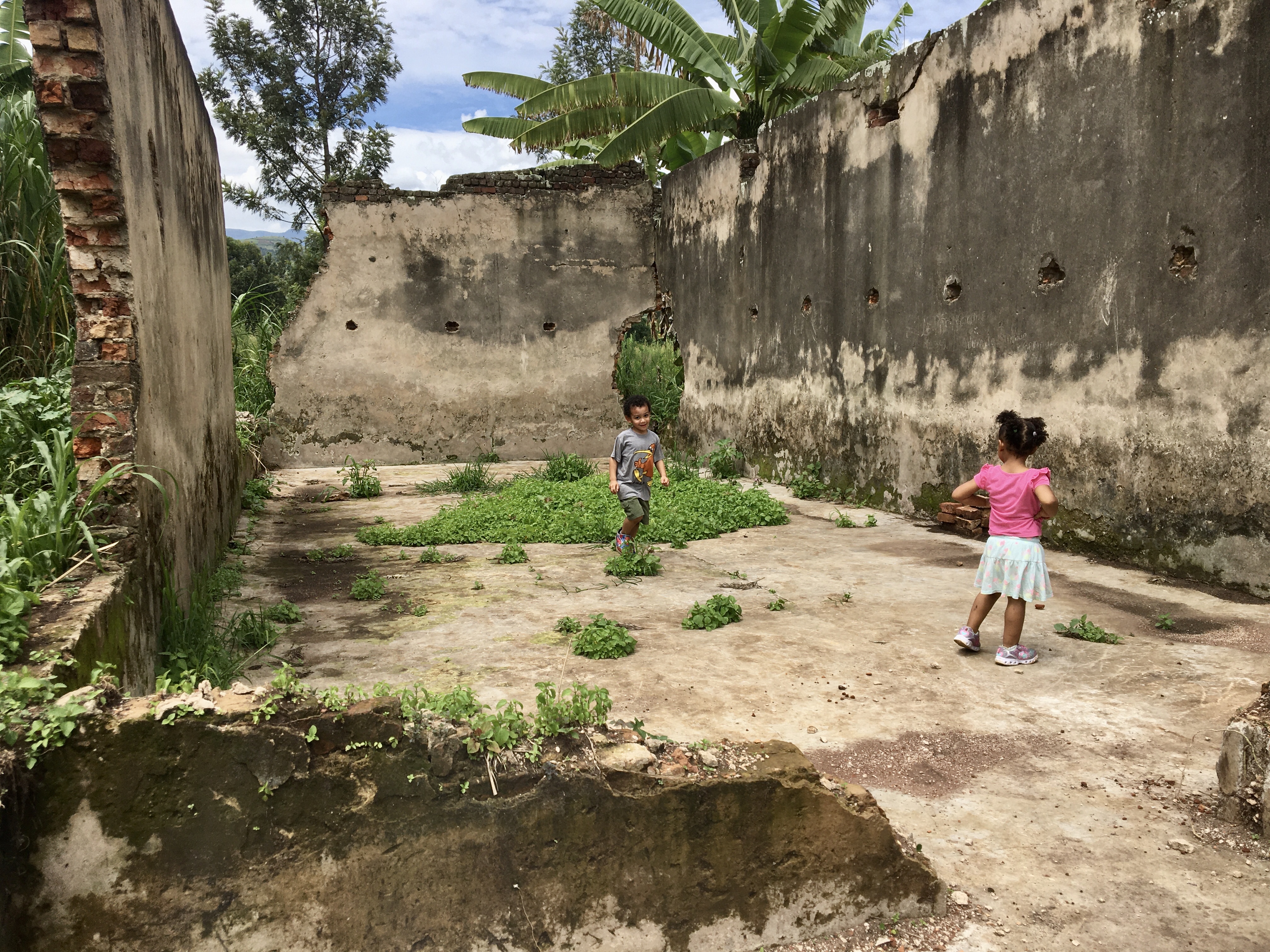Peace and the revival of Congolese coffee.
In recent years, people both inside and outside DRC have been trying to revitalize the country’s coffee sector. ONAPAC, the Office National des Produits Agricoles du Congo, the regulatory body overseeing coffee, is encouraging coffee production and export. Foreign coffee giants such as Starbucks and Nespresso have started buying coffee from DRC. Nespresso’s Reviving Origins program includes coffee pods with coffee beans grown right here in Kivu.
Why revitalize?
Eastern Congo produced Arabica coffee in large plantations when under control of Belgian colonizers, and this coffee was primarily exported to Europe. After independence in 1960, coffee continued to be grown and processed in DRC. Coffee was on the rise in the 1980s, with coffee constituting 75% of agricultural exports from DRC. Exports of coffee were up to 120,000 metric tonnes per year in the 1980s.
However, with the onset of war in 1996, coffee exports plummeted. Congolese coffee today accounts for less than 1% of the world’s coffee products. Exports were only 11,000 metric tonnes in 2020. We’ve never seen coffee marked as DRC origin in our local grocery stores in Seattle. Congolese coffee is virtually unknown to many American coffee drinkers.
We recently visited a friend’s farm in South Kivu, situated at about 1,600 meters elevation (about 5,200 feet), with views of Lake Kivu and rich volcanic soil. Conditions are ideal for growing Arabica coffee. The farm today produces food: tomatoes, avocados, corn, beans, sugar cane, amaranth, sorghum, peanuts, onions, and more. Amidst this land of plenty we noted just a handful of coffee trees.
While walking around the farm we came across a bombed-out shell of a building.
“That was a coffee mill,” our friend said as we walked past.

The land around this site grew hectares upon hectares of Arabica coffee for export to Europe in the early 1990s. Coffee cherries from the trees were washed and processed right on the farm. However, in 1996 this mill for processing coffee was destroyed.
While our kids played around it, we couldn’t help but reflect on the impact of peace on the revival of Congolese coffee. From inside this shell of a mill, it’s clear that no control of coffee diseases or improvements in the cultivation could restore coffee production if the mill is destroyed.

We hope one day to see this farm producing and processing the high-quality Arabica coffee this land is known for.
Peace. Restore. Rebuild. Renew. Bazima.